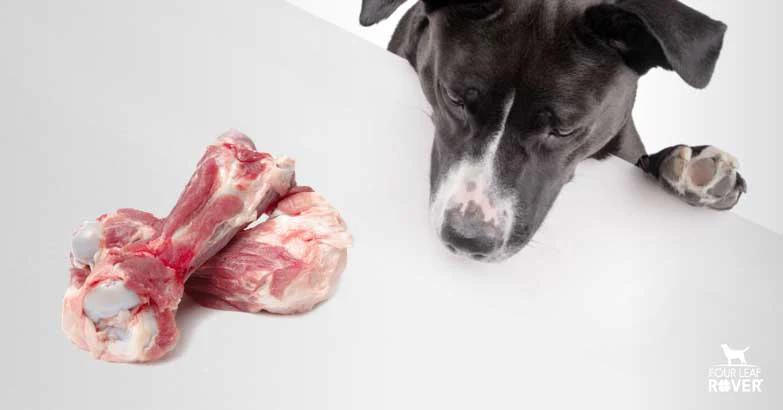Many dog owners often wonder if it is safe to feed their furry friends smoked pork. While pork can be a delicious and nutritious meat for humans, it is important to understand that not all human foods are safe for dogs to consume. In the case of smoked pork, there are certain considerations to keep in mind before sharing it with your canine companion.
The Risks of Feeding Dogs Smoked Pork
While dogs are known to have a strong sense of smell and may be attracted to the aroma of smoked pork, it is important to exercise caution when considering feeding it to them. Smoked pork, like any other cooked pork, poses potential risks to dogs due to its high fat content and seasoning.
High Fat Content: Smoked pork is often high in fat, which can lead to digestive issues and even pancreatitis in dogs. Pancreatitis is a condition characterized by inflammation of the pancreas and can be painful and potentially life-threatening.
Seasonings and Additives: Smoked pork is usually seasoned with various spices, herbs, and additives. Some of these seasonings, such as garlic and onion, can be toxic to dogs. Consumption of these ingredients can cause gastrointestinal upset, anemia, and other serious health problems.

Health Concerns with Smoked Pork for Dogs
Feeding smoked pork to dogs can potentially lead to various health concerns. It is essential to be aware of these risks to ensure the well-being of your furry companion.
Pancreatitis:
The high fat content in smoked pork can trigger pancreatitis in dogs. This condition occurs when the pancreas becomes inflamed, leading to symptoms such as vomiting, abdominal pain, loss of appetite, and diarrhea. Severe cases of pancreatitis may require veterinary intervention.
Seasoning Toxicity:
As mentioned earlier, smoked pork is often seasoned with ingredients that can be toxic to dogs. Garlic and onion, commonly used in seasoning, contain compounds that can damage red blood cells and cause anemia. Other seasonings and additives may also cause gastrointestinal upset and allergic reactions in dogs.
Digestive Upset:
Dogs have sensitive digestive systems, and the consumption of smoked pork can lead to gastrointestinal upset. Symptoms may include diarrhea, vomiting, flatulence, and abdominal discomfort. If your dog experiences any of these symptoms, it is important to consult a veterinarian.
Alternatives to Smoked Pork
While it is best to avoid feeding smoked pork to your dog, there are several safe and healthy alternatives you can consider:
- Lean cuts of cooked pork without seasoning
- Boiled or grilled chicken
- Lean beef or turkey
- Fish (cooked without seasoning or bones)
These alternatives provide a good source of protein for your dog without the risks associated with smoked pork.

In conclusion, it is not recommended to feed dogs smoked pork due to its high fat content and potential seasoning toxicity. The risks of pancreatitis, seasoning toxicity, and digestive upset outweigh any potential benefits. It is always best to consult with a veterinarian before introducing any new foods into your dog's diet. By prioritizing your dog's health and well-being, you can ensure they lead a happy and healthy life.
If you want to know other articles similar to Can dogs eat smoked pork? risks, health concerns, and alternatives you can visit the Food safety category.


Related Articles